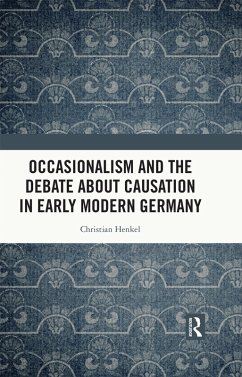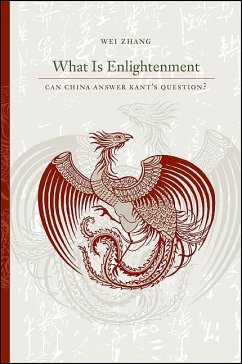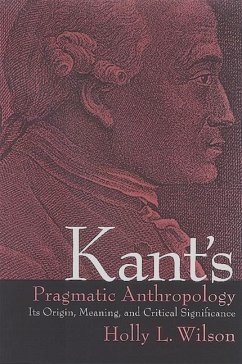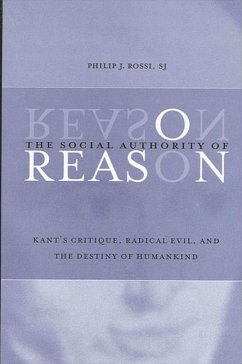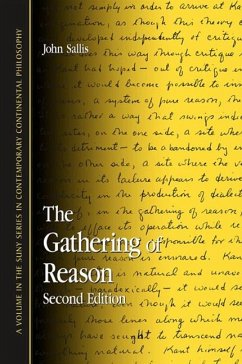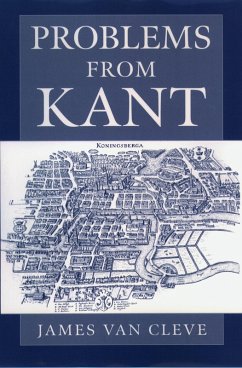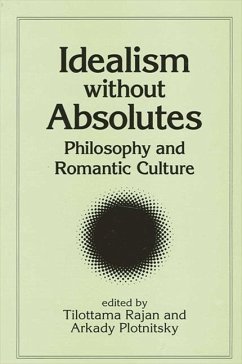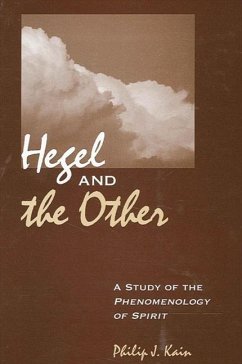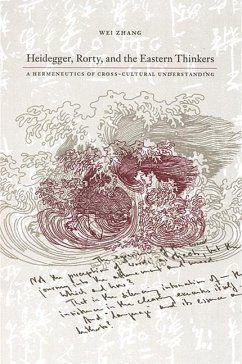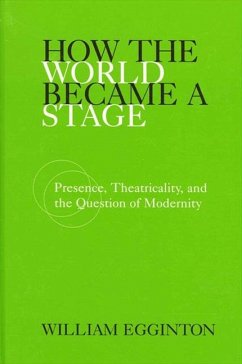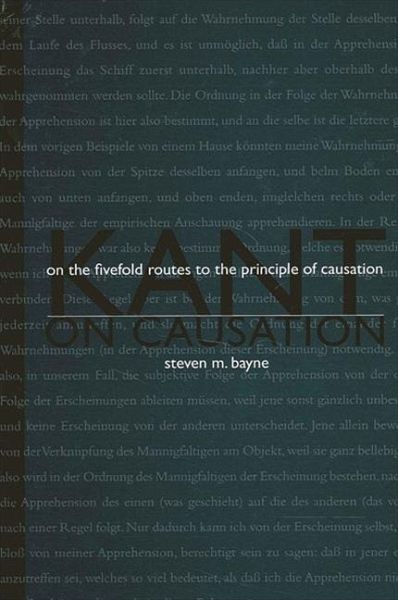
Kant on Causation (eBook, PDF)
On the Fivefold Routes to the Principle of Causation
Versandkostenfrei!
Sofort per Download lieferbar
25,95 €
inkl. MwSt.
Weitere Ausgaben:

PAYBACK Punkte
13 °P sammeln!
An in-depth examination of the nature of Kant's causal principle.Kant famously confessed that Hume's treatment of cause and effect woke him from his dogmatic slumber. According to Hume, the concept of cause does not arise through reason, but through force of habit. Kant believes this can be avoided through the development of a revolutionary new cognitive framework as presented in the Critique of Pure Reason. Focusing on the Second Analogy and other important texts from the first Critique, as well as texts from the Critique of Judgment, the author discusses the nature of Kant's causal principle...
An in-depth examination of the nature of Kant's causal principle.
Kant famously confessed that Hume's treatment of cause and effect woke him from his dogmatic slumber. According to Hume, the concept of cause does not arise through reason, but through force of habit. Kant believes this can be avoided through the development of a revolutionary new cognitive framework as presented in the Critique of Pure Reason. Focusing on the Second Analogy and other important texts from the first Critique, as well as texts from the Critique of Judgment, the author discusses the nature of Kant's causal principle, the nature of his proof for this principle, and the status of his intended proof. Bayne argues that the key to understanding Kant's proof is his discussion of objects of representations, and that it is his investigation into the requirements for an event's being an object of representations that enables him to develop his proof of the causal principle.
Kant famously confessed that Hume's treatment of cause and effect woke him from his dogmatic slumber. According to Hume, the concept of cause does not arise through reason, but through force of habit. Kant believes this can be avoided through the development of a revolutionary new cognitive framework as presented in the Critique of Pure Reason. Focusing on the Second Analogy and other important texts from the first Critique, as well as texts from the Critique of Judgment, the author discusses the nature of Kant's causal principle, the nature of his proof for this principle, and the status of his intended proof. Bayne argues that the key to understanding Kant's proof is his discussion of objects of representations, and that it is his investigation into the requirements for an event's being an object of representations that enables him to develop his proof of the causal principle.
Dieser Download kann aus rechtlichen Gründen nur mit Rechnungsadresse in A, D ausgeliefert werden.




